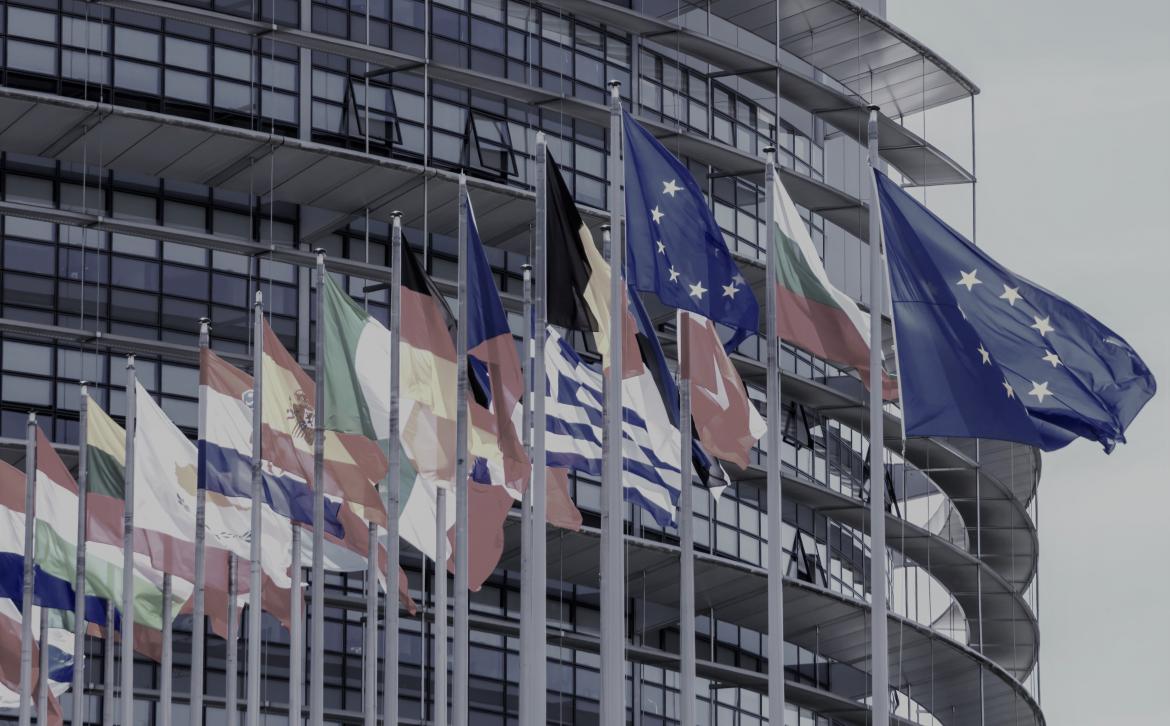A claim against an EU company may be enforced more easily than expected
In the European Union, where the economies of the Member States are closely intertwined, it is extremely common to establish business relations and conclude agreements with companies from the other Member States. However, as in all business relationships, cross-border agreements often give rise to disputes and financial claims against the other party. Although in practice disputes with a foreign company are often considered to be more costly and time-consuming than usual, this fear may be unfounded if the dispute resolution mechanisms set up by the European Union can be used to resolve the dispute.

The following dispute resolution mechanisms can be used instead of the ordinary proceedings in all EU Member States except Denmark.
European procedure for orders for payment
To facilitate and speed up the resolution of cross-border disputes, the European order for payment procedure has been available in the European Union since 2008 in civil and commercial matters. By its very nature, the European order for payment procedure is largely similar to the Estonian order for payment procedure and is designed for cases where the claimant and the debtor are located in different Member States and the claim has become collectable at the time of filing the application (e.g., the debtor has unfoundedly failed to pay the invoice submitted to him). This is a written procedure in which it is not necessary to appear in a foreign court. As a significant difference from the Estonian order for payment procedure, the European order for payment procedure does not provide for a limit on the financial claim.
The application for a European order for payment is generally submitted to a foreign court in the official language of a foreign country unless the court of the respective foreign country allows the application to be filed in a foreign language. A foreign court issues a European order for payment as soon as possible after the application has been filed. If the debtor does not object, the court will declare the order for payment enforceable. Such an order for payment can be applied to a bailiff immediately without the need to further apply for the declaration of enforceability of the order.
European Small Claims Procedure
In addition to the European order for payment procedure, the European Small Claims Procedure is also a helpful tool for resolving cross-border disputes, allowing the settlement of claims in civil and commercial matters, including disputed claims not exceeding EUR 5 000.
As a general rule, the European Small Claims Procedure is a written procedure in the language of the court hearing the case. However, if necessary, the court can hold a hearing at the request of a party or on its initiative. The procedure itself is carried out using specified standard forms and the court also has the right to gather evidence to reach a decision. The court makes a judgment on the dispute within 30 days of the hearing or after receiving all the information necessary for the decision. The judgment given shall be immediately enforceable in all Member States without special procedures.
European Account Preservation Order
Although this is not a separate dispute resolution mechanism, if the opposing party to the dispute owns assets in the other Member States, a European Account Preservation Order allowing the Court of Justice of the European Union to freeze the funds in the debtor's bank account in another Member State, may be of great help. Such a preservation order can be issued by a court with jurisdiction to hear the substance of the case. To issue the order, the creditor must prove that there is a real risk that justifies the freezing of the debtor's bank account. The issued preservation order is recognised and enforced in the other Member States without further special procedures. The European Preservation Order can be of great help to debtors who try to evade their obligation by keeping their assets with the banks in the other Member States.
If a company has a claim against another company operating in the European Union, before bringing an action in another Member State or waiving the claim, it is worth determining whether the company could be able to recover the claim by means of simplified European Union procedures, which can be of great help in recovering the claim more quickly and at less cost.


